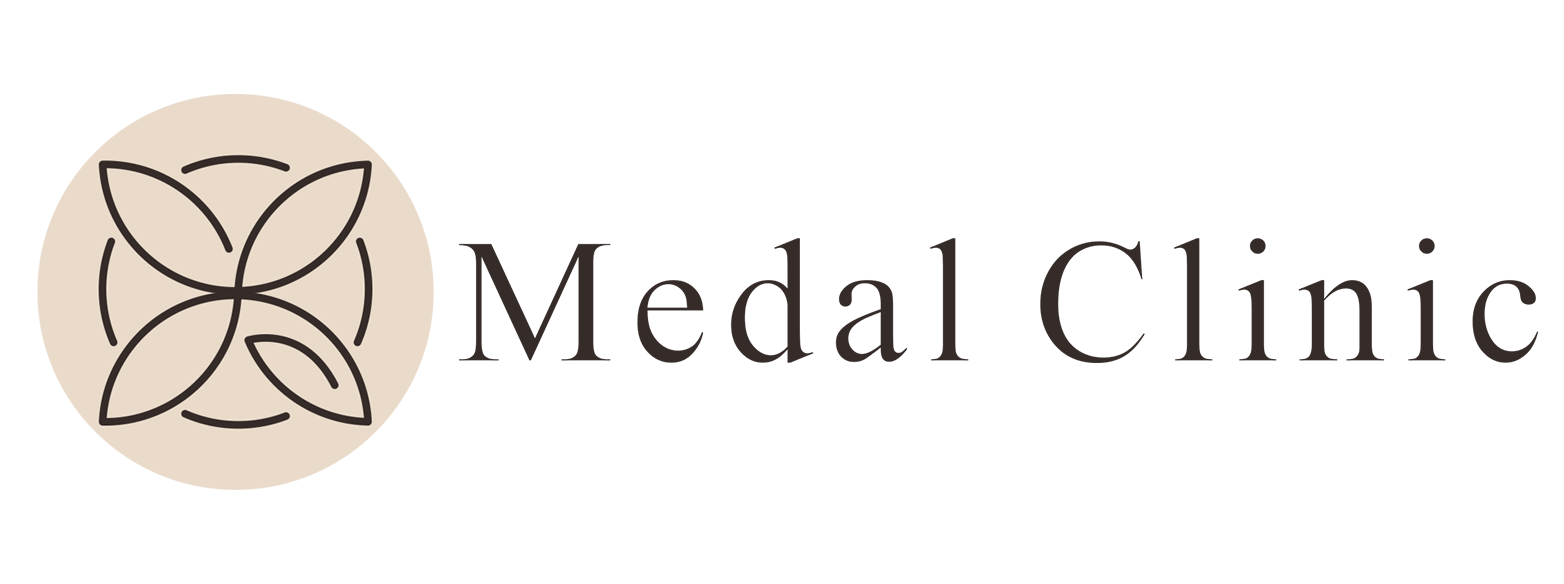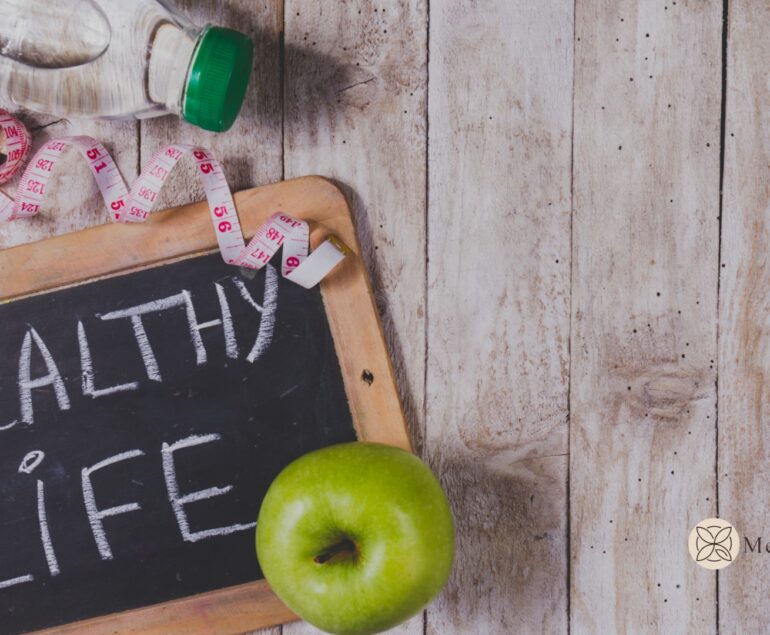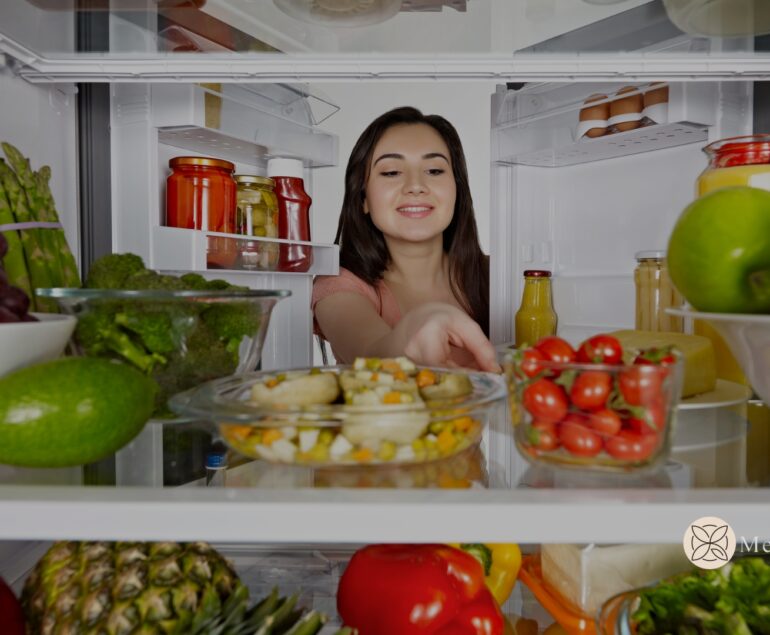Tips for Proper Nutrition on Eid Al-Adha: Balancing Festive Delights with Health
Eid Al-Adha is a joyous and significant Islamic festival celebrated by Muslims around the world. It is a time of feasting, family gatherings, and exchanging gifts. However, with an abundance of delicious and indulgent food options, it can be challenging to maintain a balanced and healthy diet during this festive period. In this blog, we will provide you with valuable tips on how to enjoy Eid Al-Adha while ensuring proper nutrition and well-being.
Plan Your Meals in Advance: Before the festivities begin, take some time to plan your meals. Incorporate a variety of nutrient-rich foods such as lean proteins, whole grains, fruits, and vegetables. Planning ahead will help you make healthier choices and prevent overindulgence.
Embrace Moderation: Eid Al-Adha is synonymous with extravagant feasts, but remember that moderation is key. Enjoy your favorite dishes, but be mindful of portion sizes. Savor the flavors and eat slowly to allow your body to register fullness. This way, you can indulge without overeating.
Prioritize Lean Protein: As Eid Al-Adha is centered around the sacrifice of an animal, meat dishes take center stage during this festival. Opt for lean cuts of meat, such as skinless poultry or lean cuts of beef or lamb. Remove visible fat and choose healthier cooking methods like grilling or baking instead of deep frying. This will help reduce the intake of unhealthy fats.
Don’t Forget Your Fiber: Include fiber-rich foods in your Eid Al-Adha meals. Whole grains like brown rice, whole wheat bread, and quinoa can provide essential nutrients and help regulate digestion. Additionally, fruits and vegetables like dates, figs, spinach, and salad greens are excellent sources of fiber.
Stay Hydrated: Amidst the festivities, it’s easy to overlook hydration. However, it’s crucial to stay hydrated, especially in warmer climates. Opt for water, herbal teas, or infused water instead of sugary beverages. Limit your intake of carbonated drinks and sugary juices as they can contribute to excessive calorie consumption.
Limit Processed and Fried Foods: While it’s tempting to indulge in deep-fried snacks and sweets, try to limit their consumption. These foods are typically high in unhealthy fats and can lead to weight gain and other health issues. Instead, focus on homemade alternatives that are baked or grilled, and choose healthier snacks like nuts, dried fruits, or yogurt-based dips.
Mindful Eating: Practice mindfulness while enjoying your Eid meals. Slow down and pay attention to the taste, texture, and aroma of each bite. By being fully present during your meals, you’ll be more aware of your body’s satiety signals, preventing unnecessary overeating.
Balance Sweet Treats: Sweets and desserts are an integral part of Eid Al-Adha. While it’s acceptable to indulge in your favorite treats, try to find a balance. Opt for smaller portions, share with others, or choose healthier alternatives like fresh fruit salads or homemade fruit sorbets.
Physical Activity: Maintaining an active lifestyle is essential during Eid Al-Adha. Engage in physical activities such as family walks, outdoor games, or sports. Encourage loved ones to participate, as it promotes bonding while also burning off excess calories.
Sharing is Caring: Eid Al-Adha is a time of giving and sharing. Encourage the spirit of generosity by distributing food to those in need. This act of charity not only benefits others but also provides a sense of fulfillment and gratitude.
Eid Al-Adha is a time to celebrate and enjoy delicious food with loved ones. By following these tips for proper nutrition, you can ensure that your festive meals are not only enjoyable but also balanced and healthy. Remember, it’s all about moderation, mindful eating, and making conscious choices to nourish your body while embracing the joy of the occasion. Have a blessed Eid Al-Adha!




